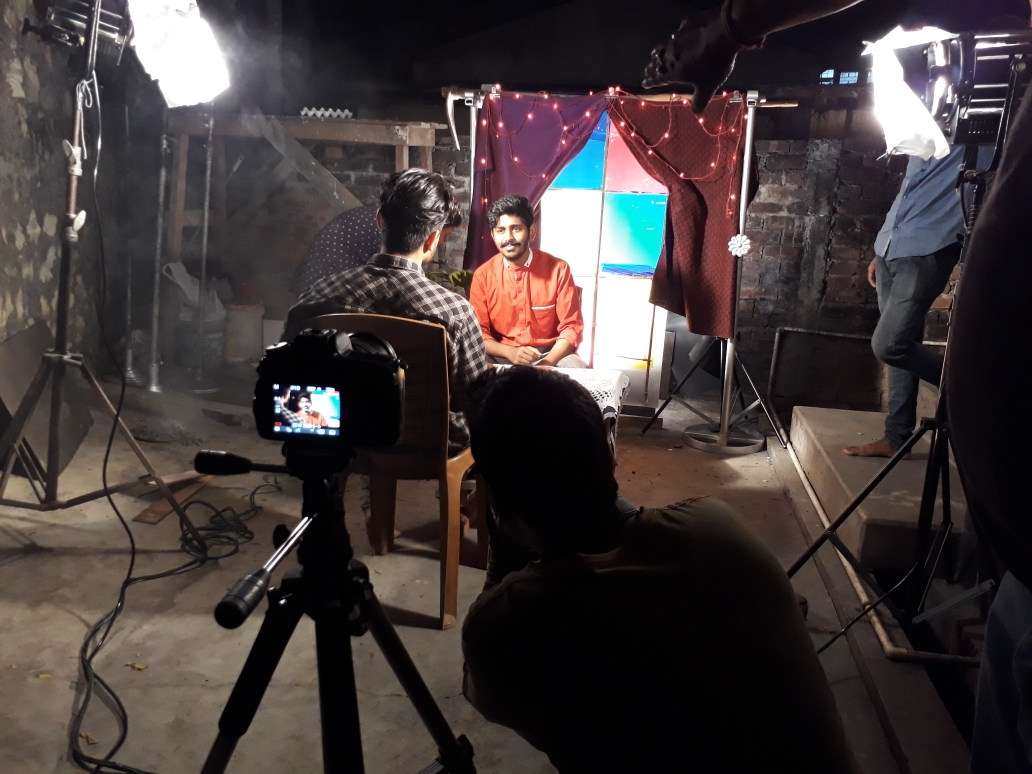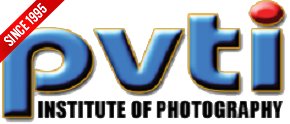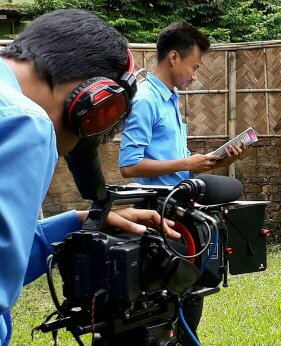 The training course in Camera and Lighting techniques prepares the student through carefully designed practical exercises and theoretical instructions to learn to use the camera and lights a persuasive production tools as well as to handle the ever-changing equipment with confidence. The students are provided with the professional grade analogue and digital television cameras during the training as well as the production exerciser.
Classes will be held three days in a week, i.e. Friday, Saturday and Sunday. Duration of class: 6 hours (10 a.m. to 4.30 p.m.)
The training course in Camera and Lighting techniques prepares the student through carefully designed practical exercises and theoretical instructions to learn to use the camera and lights a persuasive production tools as well as to handle the ever-changing equipment with confidence. The students are provided with the professional grade analogue and digital television cameras during the training as well as the production exerciser.
Classes will be held three days in a week, i.e. Friday, Saturday and Sunday. Duration of class: 6 hours (10 a.m. to 4.30 p.m.)
Motion Picture Photography
Film and television are the medium of the Camera because all techniques of screen presentation are related to it. Using the camera is a highly creative job. The training of a camera person includes understanding the potential of the equipment as well as developing an artistic bent of mind. A good cameraperson has to process a keen pictorial sense together with manual dexterity and co-ordination. Lighting in film and television is much more then just making things visible. The objective of television and film lighting is to illuminate the scene to produce a good quality as well as a pleasing picture.
 The training course in Camera and Lighting techniques prepares the student through carefully designed practical exercises and theoretical instructions to learn to use the camera and lights a persuasive production tools as well as to handle the ever-changing equipment with confidence. The students are provided with the professional grade analogue and digital television cameras during the training as well as the production exerciser.
Classes will be held three days in a week, i.e. Friday, Saturday and Sunday. Duration of class: 6 hours (10 a.m. to 4.30 p.m.)
The training course in Camera and Lighting techniques prepares the student through carefully designed practical exercises and theoretical instructions to learn to use the camera and lights a persuasive production tools as well as to handle the ever-changing equipment with confidence. The students are provided with the professional grade analogue and digital television cameras during the training as well as the production exerciser.
Classes will be held three days in a week, i.e. Friday, Saturday and Sunday. Duration of class: 6 hours (10 a.m. to 4.30 p.m.)
 The training course in Camera and Lighting techniques prepares the student through carefully designed practical exercises and theoretical instructions to learn to use the camera and lights a persuasive production tools as well as to handle the ever-changing equipment with confidence. The students are provided with the professional grade analogue and digital television cameras during the training as well as the production exerciser.
Classes will be held three days in a week, i.e. Friday, Saturday and Sunday. Duration of class: 6 hours (10 a.m. to 4.30 p.m.)
The training course in Camera and Lighting techniques prepares the student through carefully designed practical exercises and theoretical instructions to learn to use the camera and lights a persuasive production tools as well as to handle the ever-changing equipment with confidence. The students are provided with the professional grade analogue and digital television cameras during the training as well as the production exerciser.
Classes will be held three days in a week, i.e. Friday, Saturday and Sunday. Duration of class: 6 hours (10 a.m. to 4.30 p.m.)

